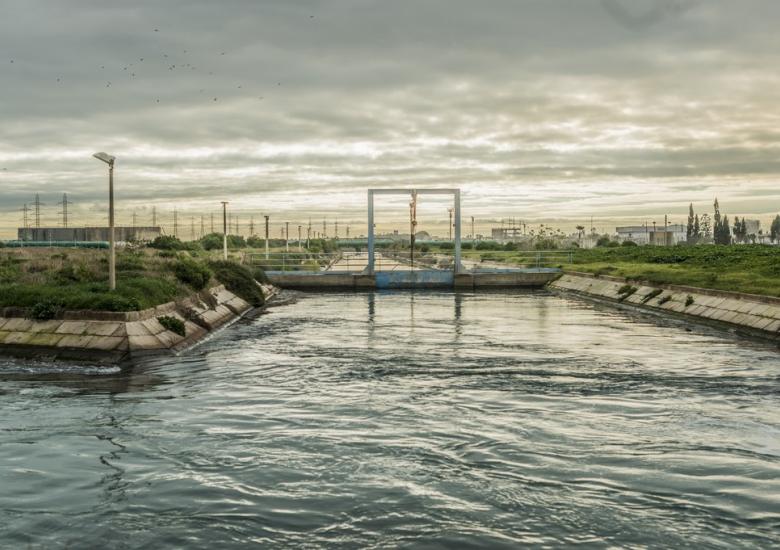OCP’s sustainable approach to maintain water resources

This Friday 22th of March is the World Water Day under the theme “Do not leave anyone out”. The UN has revealed that 2,1 Billion people (so one person in three) do not have access to drinking water. This testifies that the vital resource is getting scarce nowadays. With the impact of climate change, the OCP Group has early on launched a number of important projects to use non-conventional waters while preserving water resources. The sustainable management of water has become strategic for the Group that has undertaken, in 2008, an ambitious development program aiming at doubling its mining production and tripling its upgrading capacity by 2028.
During the next ten years, OCP plans to use 100% non-conventional waters to supply its various mining and industrial activities. The Group’s Economie Circulaire program includes an essential part dedicated to the issue of water.
Thus, OCP’s “Water Program” (3,5 Billion Dirhams invested since 2008) addresses the issue of optimizing the use of water across the whole chain value (mining activities, transportation, upgrading). The project plans for the desalination of seawater and the purification of domestic wastewater. These two initiatives allow for a sustainable use of water throughout the industrial sites, while providing for the green spaces of these facilities. In this regard, the sites of Laâyoune and Jorf Lasfar proceed to the desalination of seawater while those of Benguérir, Khouribga and Youssoufia welcome the wastewater treatment plant (STEP).
Reduce the impact on agricultural sustainability
The OCP Group has initiated awareness programs to support sustainable agriculture. The subsidiary of the Group in the South, the Phosboucraa Foundation, implements integrated projects for Saharan agriculture and environment that trains youngsters around sustainable and innovative environmental practices able to protect the natural habitat of local communities.
This work includes, in particular, the promotion of better agricultural and farming practices as well as an increased respect for the environment and the management of natural resources, including rainwater and agricultural lands, by means of biosaline agricultural support and biodiversity promotion.

